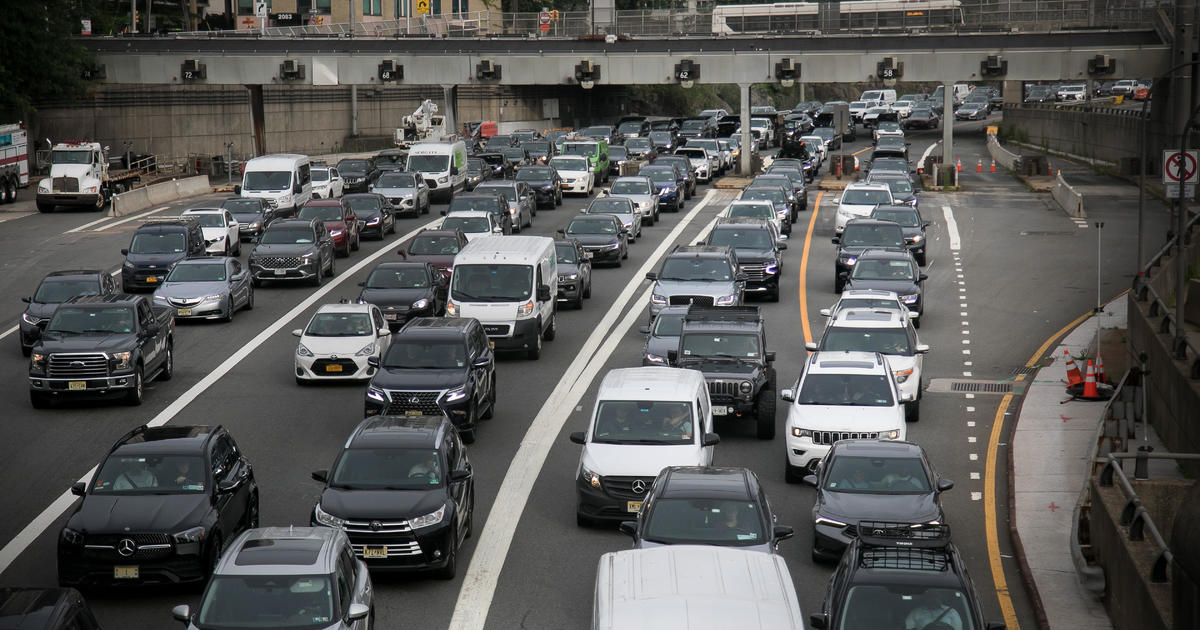Red-Light Camera Pilot Program Set To End In New Jersey
LINDEN, N.J. (CBSNewYork) -- The lights were set to go out this week for the red-light camera program in New Jersey, although some lawmakers want them to stay on.
As CBS2's Weijia Jiang reported, the cameras have caught New Jersey drivers running red lights for the past five years.
"I did get one there," said Eboni Dockery of Linden, New Jersey. "I think I got, like, three there before."
Red-Light Camera Pilot Program Set To End In New Jersey
But Tuesday is the last day a flash will lead to a ticket. The state's pilot program ends at midnight Wednesday morning.
Many New Jerseyans were none too disappointed.
"It's wonderful," said Noly Martinez of Linden.
"I'm happy," said Robert Marrero of Linden. "I'm happy about it."
Many people called the cameras cash cows and said they believed the cameras were used to generate revenue rather than keep the roads safe.
Each ticket costs at least $85.
Some lawmakers want to keep the cameras going.
"My first point is this," said Linden 3rd Ward Councilman Peter Brown. "If you don't run a red light, you're not issued a ticket."
Brown has been fighting to keep the cameras in town.
"I'm afraid of accidents increasing," he said.
But local governments do not have the authority to keep the cameras running. Since it is a state program, only New Jersey lawmakers can decide whether to extend it.
Some said that policy should change.
"Oh, we definitely need them. We definitely need them here," said Linden Traffic Bureau Cmdr. Lt. Michael Babulski.
Babulski said the cameras resulted in fewer fatalities.
"Before, we usually averaged two to three a year, with a high of six in one year -- for the past at least 20 years, we've had fatalities" he said. "We haven't had one since the red light cameras came online."
Some New Jersey state lawmakers have railed against the cameras for year. Assemblyman Declan O'Scanlon (R-Red Bank) has been especially critical of the five-year pilot program, which spread to more than 20 cities and towns in New Jersey.
Like many motorists, O'Scanlon said the cameras did not make intersections demonstrably safer, but instead were a way for towns to raise revenue.
Even though the cameras are going offline, they will still track how many vehicles run lights – so as to help the state decide whether to bring them back.
You may also be interested in these stories:



